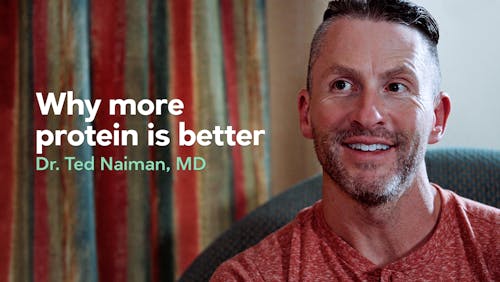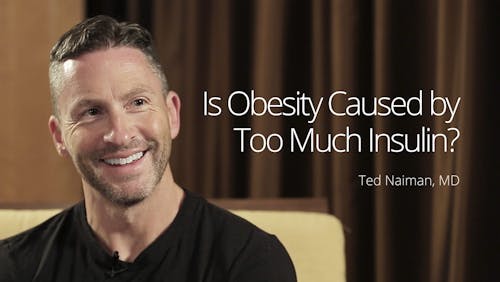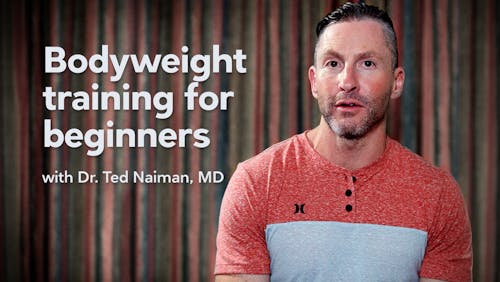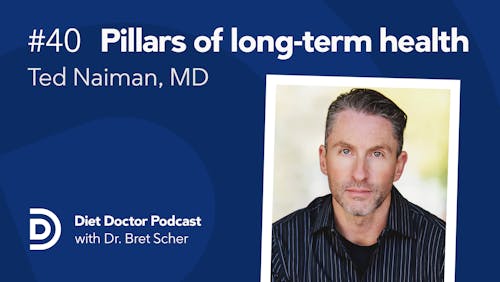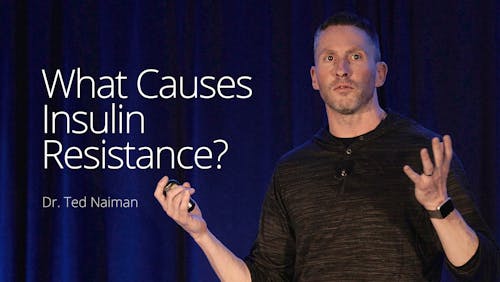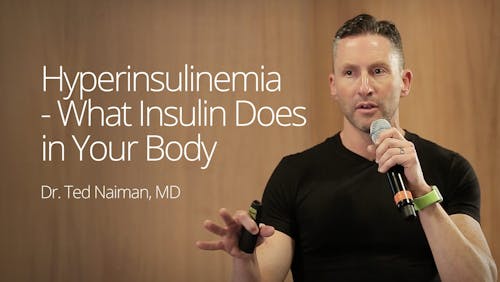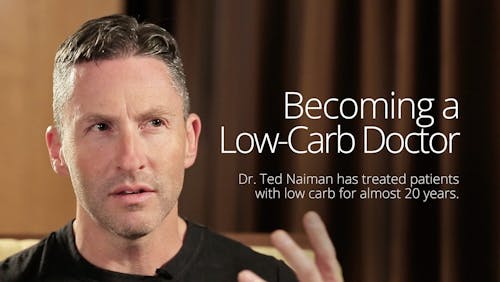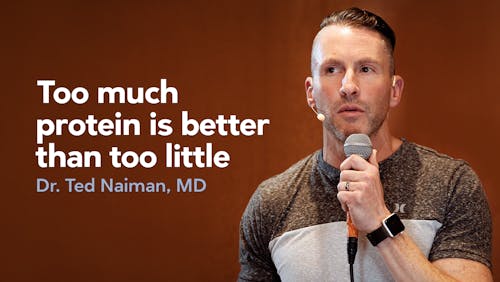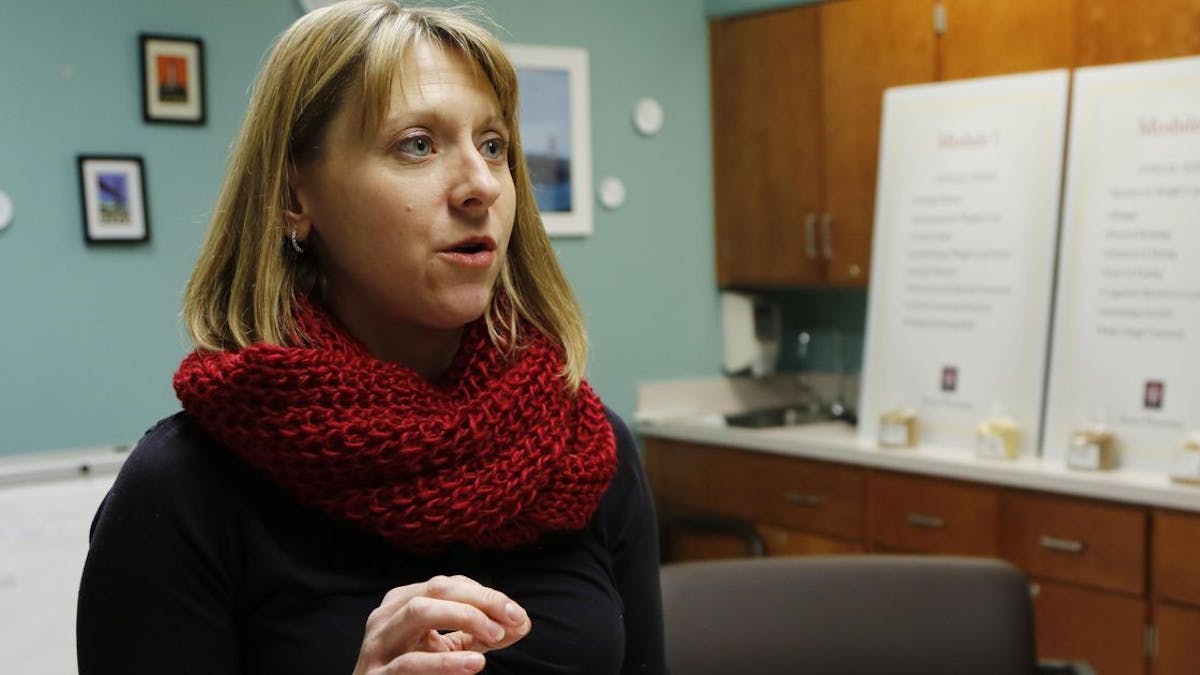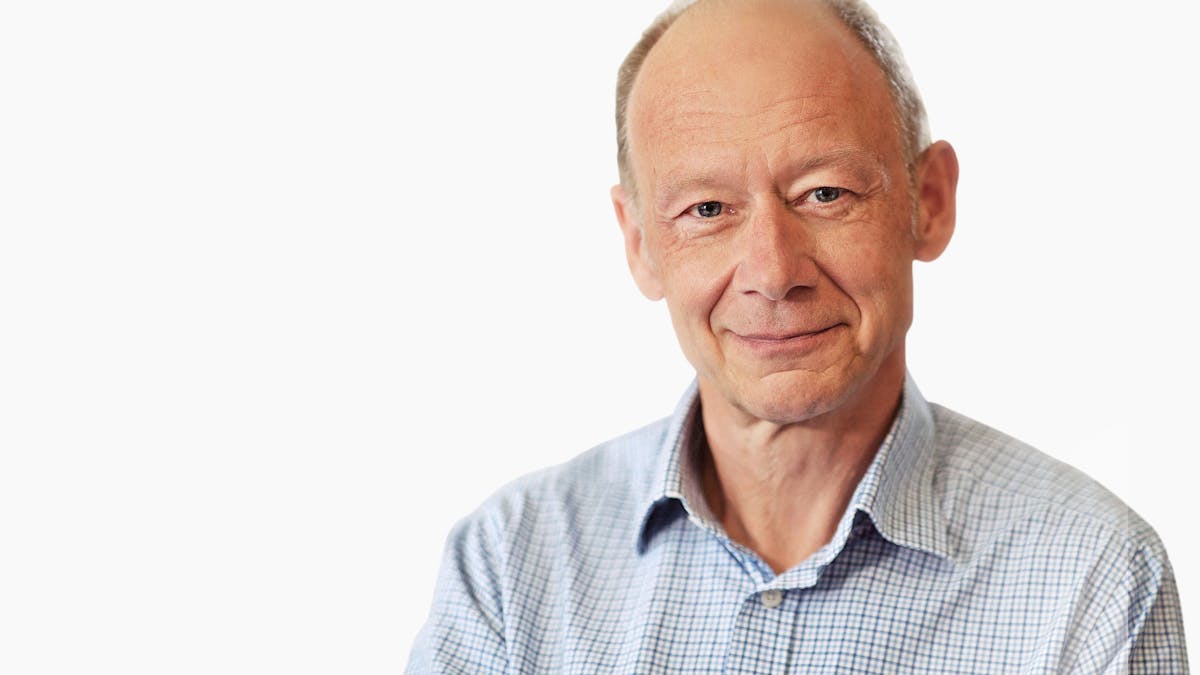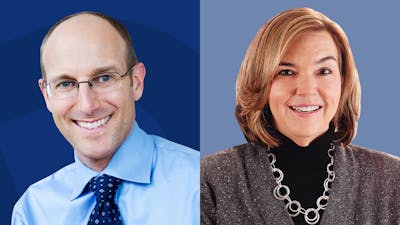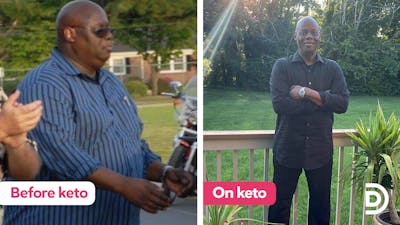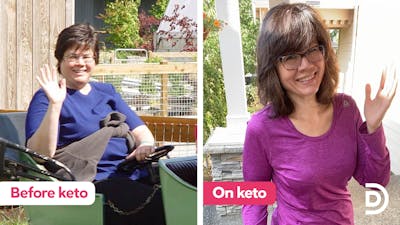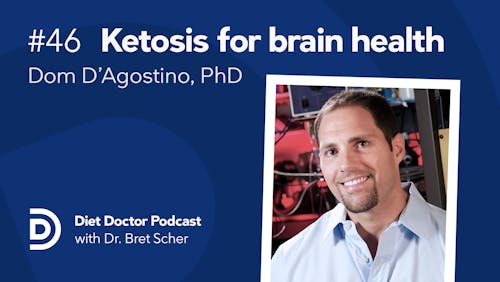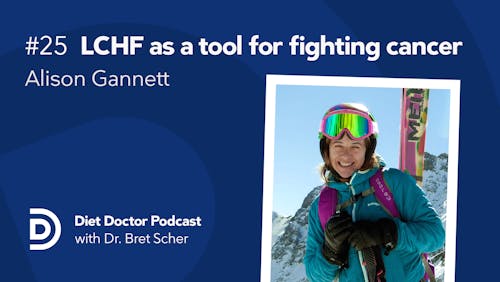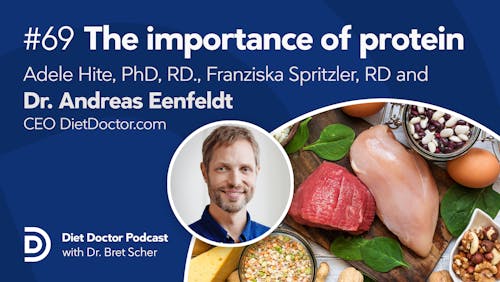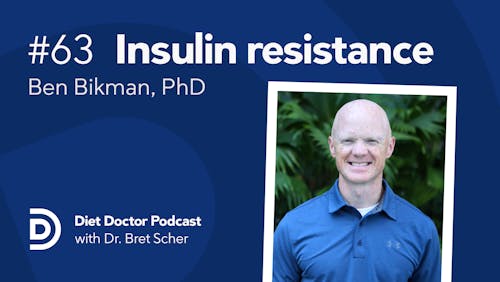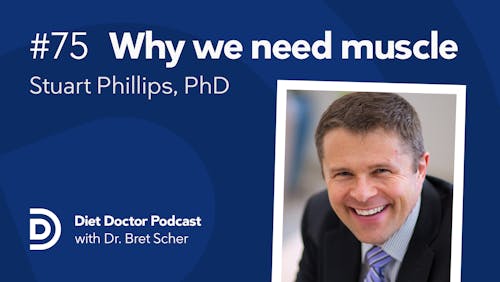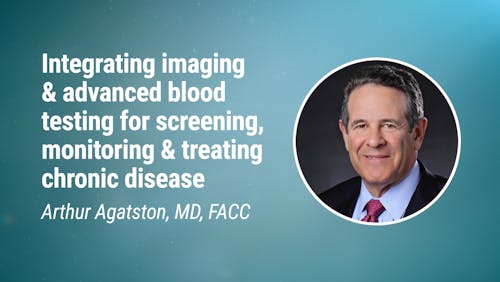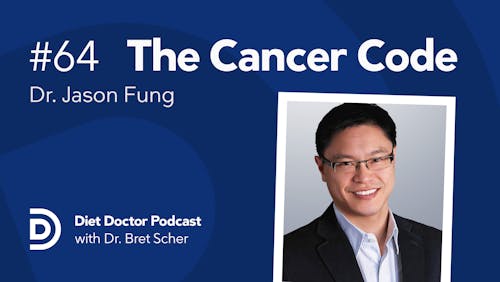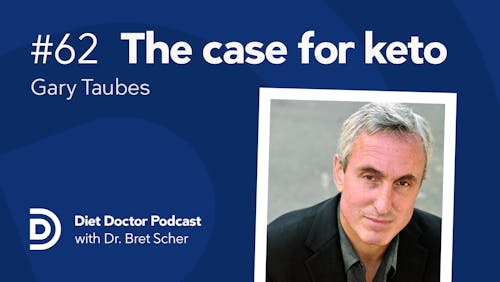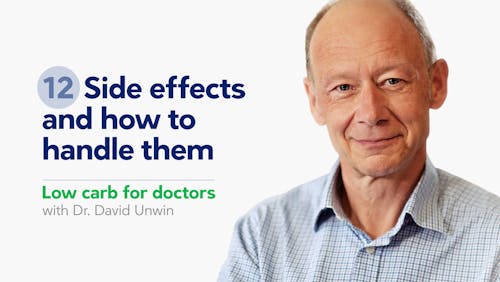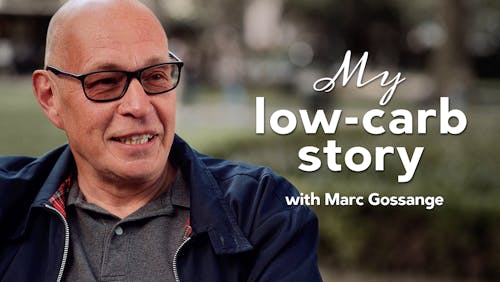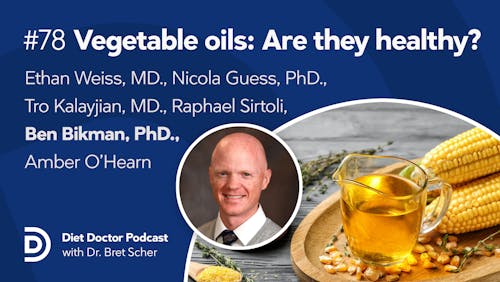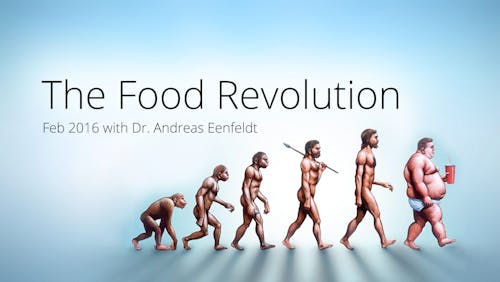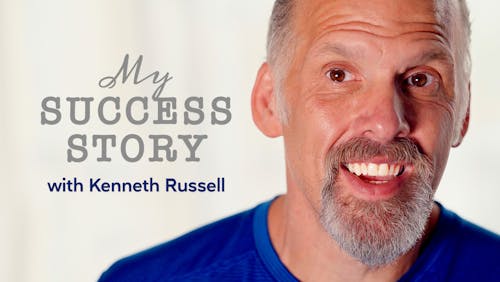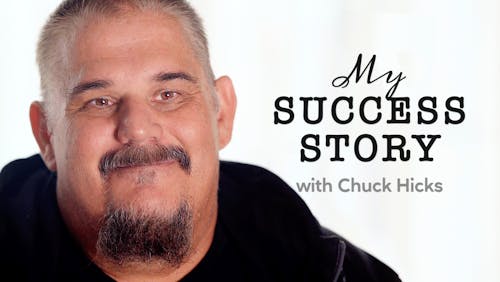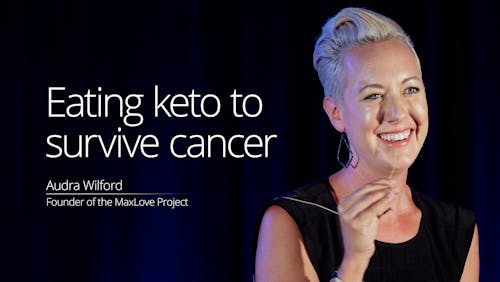Dr. Ted Naiman: Treating patients with low carb for 20 years
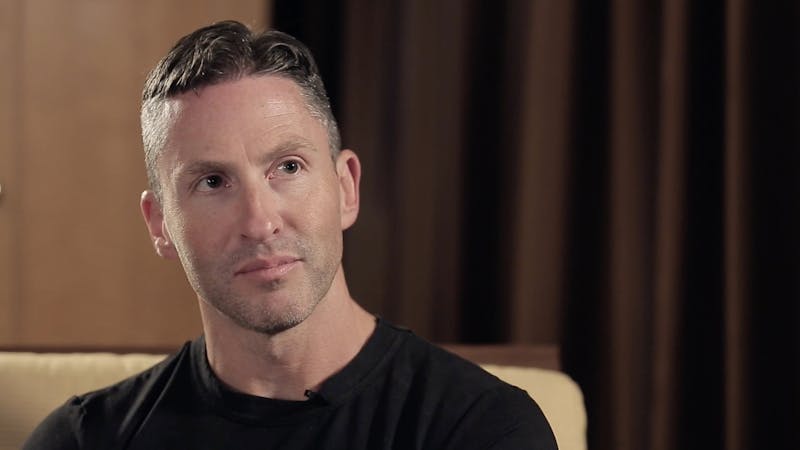
Many exceptional doctors, researchers and scientists contribute their expertise and knowledge to the global low-carb community. Together they are leading the real food, low-carb high-fat revolution that is contributing to better health and wellness for millions of people worldwide.
What was the personal journey that led these individuals on this path? Each has a unique tale. In this post it’s Dr. Ted Naiman’s story. Dr. Naiman is a low-carb family physician, who has been coaching his patients in low-carb eating for 20 years.
Dr. Ted Naiman, 45, is the picture of robust health. His webpage and twitter account feature a shirtless snapshot of his athletic physique, displaying washboard abs, rippling biceps, and glowing skin.
But when he looks back 20 years, the difference in his own health is remarkable. “The 45-year-old Ted could crush the 25-year-old Ted with his bare hands,” he laughs (see before and after pictures below).
He is now in the best health of his life, but 20 years ago his health was horrible.
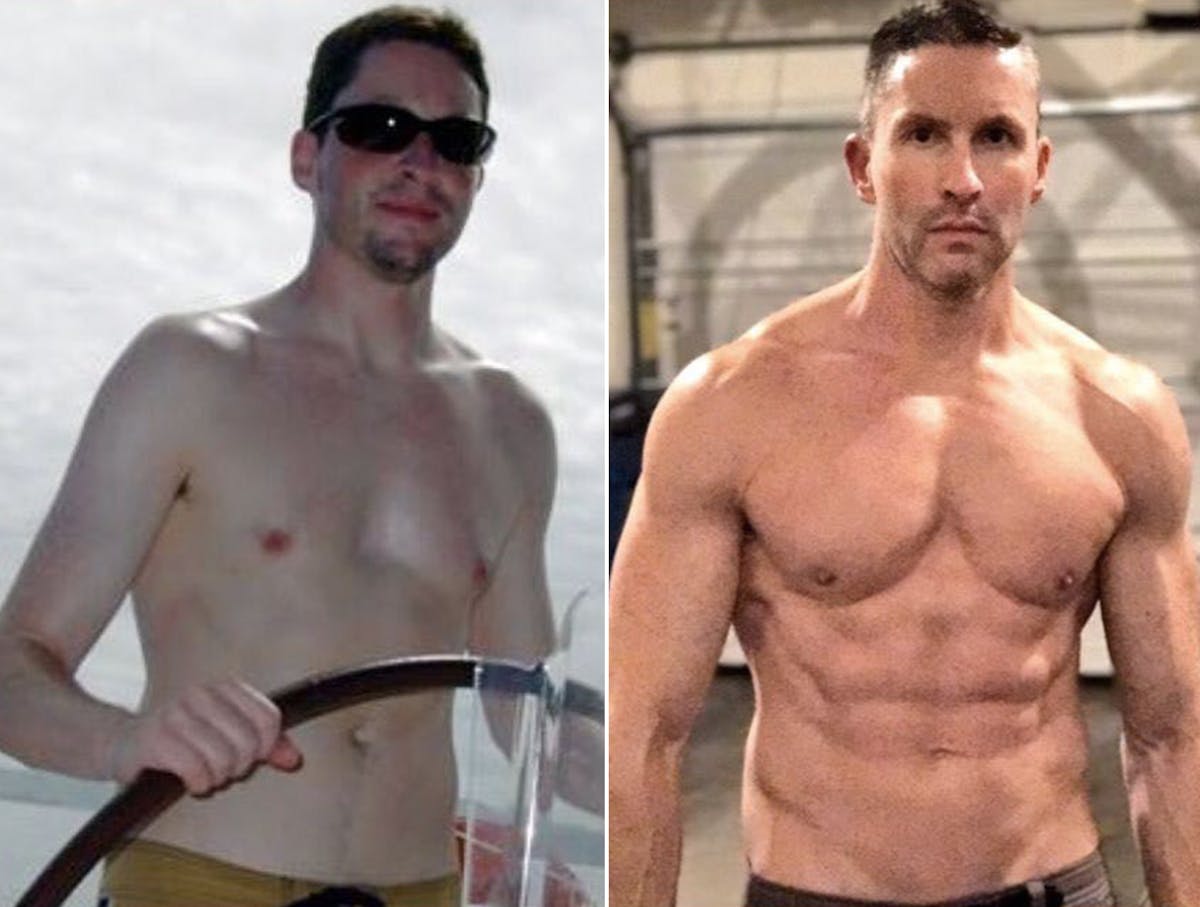


He had been raised in the Adventist tradition in Seattle, in a near-vegetarian household. “It is a diet that, on paper, is supposed to be the best in the world: low in fat, low in saturated fat, low in cholesterol, and really high in whole grains, fruits and vegetables. I always sprinkled wheat germ on my food.”
And yet he felt awful. “I looked like shit and I felt like shit and my health absolutely sucked.”
Health struggles in spite of doing everything ‘right’
In fact, Ted had extensive eczema —”the worst eczema you’ve ever seen” — that regularly cracked and bled. He had episodes of obsessive compulsive disorder that made him count and do actions repetitively, like turning on and off a light switch 20 times in a row. His body composition, he says, was “soft and pudgy.”
He describes himself back then as a non-athletic math nerd, a geek who loved science and chess. He had first completed a mechanical engineering degree because he’d hoped to be an aero-science engineer with Boeing Industries, but the company laid off hundreds of engineers just when he was graduating. “I couldn’t get a job. So I decided on a whim to apply to medical school.”
That engineer’s problem-solving mindset, however, helped shape his approach to medicine. It is no surprise to Ted that he and other engineers like Dave Feldman are now closely examining key issues in metabolic health, helping question the status quo.
“In engineering you have to find out the root-cause analysis. You have to find out why everything is happening. If you can’t figure it out, you have to reverse engineer it backwards to figure it out. You question everything. Medicine is not like that at all. In medicine you are trained by experts, all supposedly smarter than you, who tell you ‘this is how it is done, don’t deviate from this, do exactly what the guidelines say.’ ”
At Loma Linda Medical School, a “vegetarian mecca” he says, his training was that the plant-based, low-fat diet was the key to good health. Since Ted already ate that way — and he considered his health to be poor — the impact for him was to believe that diet actually made little difference to health. Good health, he felt at the time, was largely a function of good luck and good genes.
He continued to hold that belief when he moved to South Carolina for his residency. There, a huge proportion of his patients had diabetes. “Honestly, almost every single patient was fat and sick and dying of diabetes.”
‘Bad luck, bad genes,’ was what he and his colleagues would tell themselves. “That was so we wouldn’t feel like bad doctors. We would pump them full of insulin; they would gain and gain weight; get worse and worse, and I would watch as these people would go blind, go on dialysis, and we literally would cut off their limbs.”
“We told ourselves it wasn’t our fault as doctors that they weren’t getting better — it was their inherited bad genes. We never talked about diet at all.”
A patient sparked his interest in low carb
Then one day a patient came in having lost 30 lbs (14 kg), reversing his diabetes. Ted was astounded. “I said, ‘Oh my God, what did you do? I have to let other patients know about this!'”
The patient had read one of Dr. Robert Atkins’ books and adopted the Atkins diet. Ted remembers telling two of his residency supervisors about the patient’s incredible health improvement. “I said ‘check this guy out. He stopped eating carbs, he lost a lot of weight and his diabetes is way better.”
Ted will never forget the senior doctors’ response: they laughed at him. “They treated me like I was the dumbest person in the world. They said. ‘what do you think happened to his cholesterol? He probably had a heart attack in the parking lot.’ ”
Ted took a closer look at the patient’s results: his triglycerides were better, his high blood pressure had returned to normal, his blood sugar was better, his weight was much better, but yes, the total cholesterol had gone up about 20 points. Didn’t the host of improved results offset the slight rise in cholesterol? His medical colleagues said no. “They basically told me I could not recommend this diet to anyone as it would raise their cholesterol and they would die.”
The incident, and the doctors’ dismissive and disparaging response, intrigued Ted. In his engineering way, he set out to find out what was going on. First he read Atkin’s book; then he tried the diet himself — and miraculously his OCD rapidly disappeared as did his eczema within weeks of being on the diet and has never returned. “I was like, ‘Wow! There is really, really something to this!”His residency required him to do a research thesis and dissertation on any topic of his choosing. He decided to study the macronutrient components — fat, protein, carbohydrates —and their relation to diet and health.
“I spent hours in the medical library. I read every single article I could find on macronutrients and health in the history of medical literature throughout the world. I wrote this giant paper with all these references. By the time I was done, I was convinced that everybody was eating way too many carbohydrates.”
That was 1997. He soon moved back to Seattle to work as a primary care physicians among 400 doctors at a leading medical center. He immediately started giving dietary advice to his patients to drastically cut carbohydrates and up fat and protein, soon seeing rapid and incredible results.
“It has been phenomenally rewarding. I have a huge number of patients, hundreds, who have lost 50, 100, or 150 lbs (23-68 kg). I have countless people who have completely reversed their diabetes.I have seen migraines, anorexia, infertility, fibromyalgia, rheumatoid arthritis, psoriasis, asthma, acne — even more diseases — all greatly improve, even cured, on this diet. Mental health issues like bipolar, depression, anxiety, OCD, all get much better, too.”
Flying under the radar
For most of the last two decades, however, he has kept very quiet about what he was doing, not drawing attention to it among his other medical colleagues.
“I have never worked with a group of like-minded physicians. For years I have had to fly extremely under the radar with my so-called crazy, nut bag dietary beliefs. For many years I felt on my own, with no medical community support at all,” said Ted who has a popular website and a very active twitter account.
In the last few years, that feeling of isolation however, has been disappearing, largely on account of his connections through the internet and social media to other medical professionals and scientists advocating the low-carb lifestyle around the world. “It excites me because it feels like low carb is at a tipping point for sure. People can instantly look at the research and share it; more and more people are educating themselves.”
He refers patients to Diet Doctor daily. His patients are then not only able to get excellent dietary advice, they can link to a global community of experts and even learn from their own doctor in video interviews and other posts, and find their way back to his own website.“Dr. Naiman has a hugely impressive ability to explain complex health topics with a simple illustration,” says Dr. Andreas Eenfeldt, founder of Diet Doctor. “We always aim to make low carb simple here at Diet Doctor, but for even quicker nuggets of nutritional wisdom, Dr. Naiman’s twitter feed is hard to beat.”
Ted’s patient testimonials are glowing, too. He has dozens of positives reviews, for example on Vitals, including these two: “Dr. Naiman is FANTASTIC. He sees his job as not temporarily fixing broken patients but helping patients live the fullest lives possible.” and “I highly recommend Dr. Naiman. I lost my asthma, pre-diabetes, sleep apnea, hypertension, low HDL, high trigs, and 10 inches (25 cm) off my waist since being in his care.”
Exercise
By the look of those washboard abs, he must work out constantly? Not at all. He does not have a gym membership, never uses any weight machines. “I have never lifted a barbell in my life.” He does have a pull up bar installed in his house and does about 15 minutes of body weight resistance exercises —push-up, squats, pull ups. He now has a short daily routine, but he says just 15 minutes three times as week is sufficient.
“I am trying to democratize exercise and prove to my patients that you don’t need any equipment. You don’t need to spend money on trainers, gizmos and gadgets. You don’t need to invest a lot of time. In fact, 100% of my physique is body weight exercises you can do at home in 15 minutes.”In addition, once a week for about an hour he plays Ultimate Frisbee, mostly for the fun of it. “I am kind of addicted to Ultimate Frisbee,” he says.
Have patients failed on low carb?
Has he seen patients struggle or fail with the low-carb diet? Yes, mostly because they are addicted to carbs and sugar and cannot break themselves of their pull.
“I have realized that a big part of my job is straight up addiction medicine… whether it is nicotine, drugs, alcohol, carbohydrates. Some people are just horribly addicted to carbohydrates. We have some tricks to try to help them. We offer more support like having a nurse try to call them daily. Maybe we say take a picture of what you eat every day and send it to us. We might help with a prescription for a stimulant or use of artificial sweeteners to start. But some have to basically white-knuckle it for months, maybe having nothing sweet at all.”
“But you can get over it. Just like other addictions, you have to fill your life with other stuff that is cooler, that gives you that hit of dopamine, maybe get addicted to exercise or something less damaging.”
Worries on the low-carb horizon
Is there anything that worries him on the horizon of the low-carb world?
“I worry about the schism that might be developing between opinions on the amount of fat and protein portions in the diet.”
Protein consumption has always been important to Ted on his journey. In fact an early, very influential book was Protein Power by Dr. Michael Eades. “I am really indebted to Dr. Eades because when I read it when I was first starting out it really helped me feel like I wasn’t the only crazy doctor out there.”
Ted worries that people are restricting protein too much. “I am firmly on the higher-protein side — I think it is a super power of the diet. Others are on the side of more fat. I don’t want to see a war develop over this.”Ted thinks the optimal proportion of protein and fat may come down to individual genetic variation “but we are nowhere near figuring that out yet.”
In the end, it should not be that big a deal, he says. “We are all on Team Low Carb.”
And for the first time in 20 years he feels he truly is on a rising team, all taking to the field together. He is no longer an isolated player “all by my lonesome, hanging onto my tattered copies of Protein Power and Atkin’s book.”
—
By Anne Mullens
Dr. Ted Naiman
Earlier in the series
More with Dr. Naiman
Website: BurnFatNotSugar.com
Twitter: Ted Naiman

